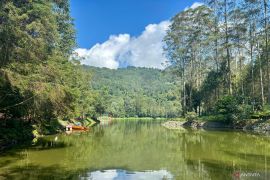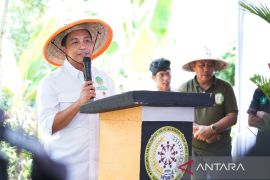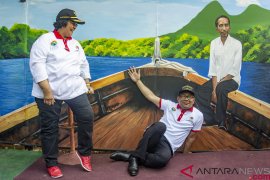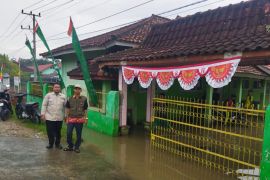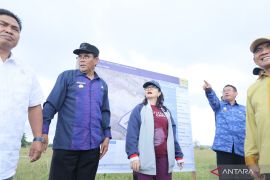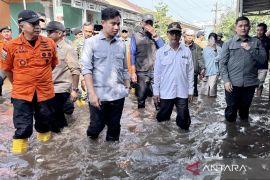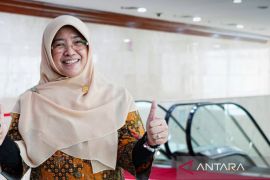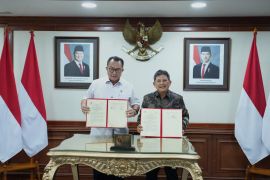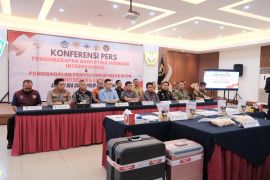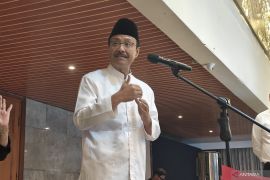Director General of Social Forestry and Environmental Partnership at the Environment and Forestry Ministry Hadi Daryanto made the remarks during a panel discussion on customary community, social forestry and climate change, held on the sidelines of the 21st Conference of Parties (COP 21) here on Friday.
Social forestry is one of the keys to solving how to effect a change in the way forests and land are managed as these have become the biggest gas emitting sources in Indonesia, he said.
"The (customary) community grows and keeps the forests because they harvest non-wood forest products and their economy relies on forest conservation," he said.
He said the Indonesian government has developed the program in association with the British government by setting up an institution called "Multistakeholder Forestry Programme" (MFP) to expedite the realization of social forestry program.
Towards this end, the Environment and Forestry Ministry has built a mapping system capable of producing 40 thousand polygons by involving 6,000 residents living inside the forests, he said.
"We also have 2,400 contact persons in the field to ensure that this program matches the target," he said.
The MFP has assisted local people not only in managing forests in the form of social forestry, rural forestry and smallholder timber estate but also in packing and marketing products, he said.
To expedite the program, he said his side has also built an online licensing system through which permits can be issued in six months at the latest.
Coordinator of Public Access to Forests Nur Amalia said the program has been implemented in 15 provinces in Indonesia over 450 thousand hectares of forest.
"Besides helping public access to forests, we also assist them in improving their capacity in managing their harvest," she said.
Through the program, the target of creating one million hectares of social forest could be achieved by mid-2017, she added. (*)
Editor: Heru Purwanto
Copyright © ANTARA 2015
